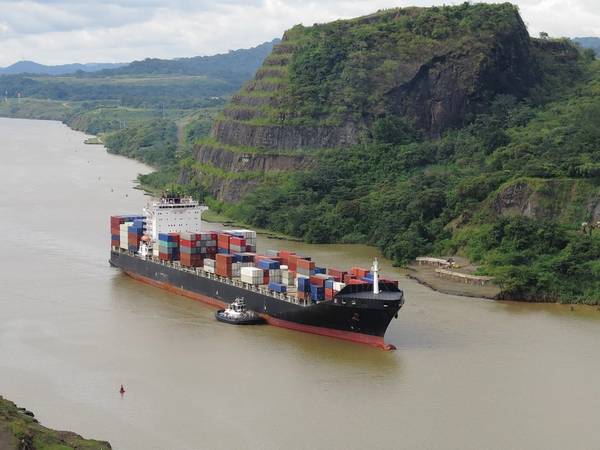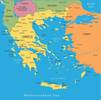
Due to rising temperatures, droughts, floods and other climatic events, the logistics sector is requiring greater attention and adaptation from companies around the world. The potential for interruptions in the supply chain is sizeable and has become one of the sector's biggest concerns. These interferences lead to higher operating costs, due to longer and less efficient routes, delays in deliveries, additional fuel consumption, greater dependence on alternative transportation solutions, among others.
“The Amazon River went through a severe drought last year, the Panama Canal was also hit by the same problem and is still facing the consequences. With these types of interruptions, the number of ship crossings are reduced, freight prices rise, insurance costs can also increase due to the risk of damage and loss of cargo, and delays in deliveries. Similarly happens with floods, which can damage essential infrastructure such as roads and bridges, preventing land transportation and causing major disruptions" said Mario Verlado, CEO of the logistics company, MTM Logix.
Impacts
Data from Resilinc's monitoring platform shows that from 2021 to 2023, there was a 44% increase in alerts related to extreme weather conditions - from 244 disruptions in 2021 to 351 last year.
The impact of climate change on supply chain varies significantly between developed and developing countries, due to differences in infrastructure and economic resilience. According to Veraldo’s opinion, in the case of developed regions, with advanced infrastructure and technology, they can better withstand and recover from climate disruptions. For example, the United States continually updates building codes and zoning laws to ensure that structures can resist to extreme events.
"It is believed that the UK's chemical and tourism sectors, for example, will suffer considerable losses due to supply chain fluctuations caused by extreme heat. In developing countries, sectors such as agriculture are more vulnerable due to climate-sensitive dependencies, such as coffee, soybeans, rice, cotton, among others, which could reduce exports and increase product prices," said the CEO.
These "local" fluctuations can have repercussions all over the planet. The interdependence between countries means that climatic, economic or geopolitical events can affect the economy as a whole. For example, a drought in Brazil or Colombia, the world's largest coffee producers, can have a significant impact on coffee prices, affecting consumers in countries that are located far from where these climatic events occurred.
Solutions
With more disruptions on the horizon, MTM Logix suggests approaches that include conducting constant climate risk assessments, diversifying suppliers and implementing advanced technologies such as IoT, AI and big data to improve visibility and forecasting. Investments in climate-resilient infrastructure and the adoption of sustainable practices, such as the use of renewable energies and the optimization of transport routes, can increase resilience.
The use of IoT-enabled smart labels, for example, provides real-time data on the condition of the shipment, increasing assertiveness and reducing waste. AI used for predictive analysis and route optimization helps companies, especially the delivery ones, to optimize logistics operations and reduce fuel consumption.
The International Maritime Organization (IMO) has set targets to reduce carbon emissions from maritime transport by 50% by 2050. Shipowners are already investing in ships powered by alternative fuels, such as biofuels, as well as a new fleet of more efficient ships due to be delivered in 2026.
"Switching from trucks to sea freight, for example, can reduce CO2 emissions by approximately 85%. This transition reduces emissions and contributes to reducing fuel consumption and congestion on the roads, further supporting environmental sustainability," concludes Veraldo.



